The Controversial Idea of a Universal Internet Delete Button Returns
A crossbench life peer of the House of Lords, Baroness Beeban Kidron, has re-proposed a new “cultural framework” (iRights), which among other things moots the seemingly controversial idea of a universal Internet delete button where “every website” that allows people to post content would also offer the ability to remove it.
On the surface this idea, which has been totted about by various politicians and privacy campaigners before, may sound like an entirely plausible one to some people and certainly there are a few strong arguments in favour of its introduction, particularly with regards to helping children to keep their personal information under control.
The Baroness herself highlighted some of these as part of a 2013 TED talk, which was ominously titled “10 things I hate about the Internet“. The title however is misleading as the Baroness actually appears to be listing the ten things she hates about social networking (e.g. Facebook) and that’s perhaps something that many people could sympathise with.
Back to the present and Baroness Kidron, who praises sites like Facebook for allowing users to delete their past posts and photos, wants every website on the Internet to offer a similar feature regardless of their focus or content.
Baroness Kidron said (Irish Examiner):
“The technology is not that problematic, this is more about bringing the option to delete up to the front of a website, making it easy and marking it clearly. We also want to put the option to delete in places that don’t already provide it. Every site that allows people to post should allow people to un-post.”
Apparently the idea behind this is that the option to delete would only be available for those aged 18 or younger, although the fact that there is no fool proof way for websites to 100% verifiably identify who is posting what and how old they are seems not to be fully understood.
“There are plenty of companies that work on anonymous verification and there are ways websites can know that a kid is a kid without knowing who they are. The technology is there,” said Kidron. Most Internet connections are shared and thus the suggestion that you can be sure of precisely who is surfing on a connection at any given moment is false; if it were that easy then the police’s cybercrime unit would have a much simpler job.
It’s also unclear precisely which technology is being referred to above since, aside from Government services and or putting a horrific Credit Card Verification (CCV) approach in front of user content submissions (this is better left as a restriction for explicit adult content as otherwise it’s a good way to kill off entire communities), then we can’t see many other methods that might work. Not to mention that many people probably wouldn’t want a website to know such specific personal information in the first place.
The other problem of course is that allowing somebody to delete their content can destroy the continuity and context of a discussion that may involve many more people. For example, if the original author of a discussion topic or news article removes what they wrote then that could ruin all of the many pages of submissions that follow (politicians would surely love any a feature that could be used to erase their bad history).
Security can be another issue. As a general rule most websites will still shy away from lowering the delete privileges to ordinary members as this may open a new avenue for hackers to exploit. Similarly parents or other individuals might remove the content posted by one of their children and without fully understanding that it could impact other things, such as homework or school submissions.
Another issue is that of implementation. Many of the systems you can adopt for a website are not coded in the UK and won’t fully respect policies that might be adopted here. At the end of the day a far better solution is to simply educate children in the dangers of posting too much personal information online and teaching responsibility for what they do say, which usually comes first and foremost from good parenting.
Mark is a professional technology writer, IT consultant and computer engineer from Dorset (England), he also founded ISPreview in 1999 and enjoys analysing the latest telecoms and broadband developments. Find me on X (Twitter), Mastodon, Facebook and Linkedin.
« Virgin Media UK Sets Five “Sustainability Goals” for the Next 5 Years
Latest UK ISP News
- FTTP (5530)
- BT (3518)
- Politics (2542)
- Openreach (2298)
- Business (2266)
- Building Digital UK (2247)
- FTTC (2045)
- Mobile Broadband (1977)
- Statistics (1790)
- 4G (1668)
- Virgin Media (1621)
- Ofcom Regulation (1465)
- Fibre Optic (1396)
- Wireless Internet (1391)
- FTTH (1382)

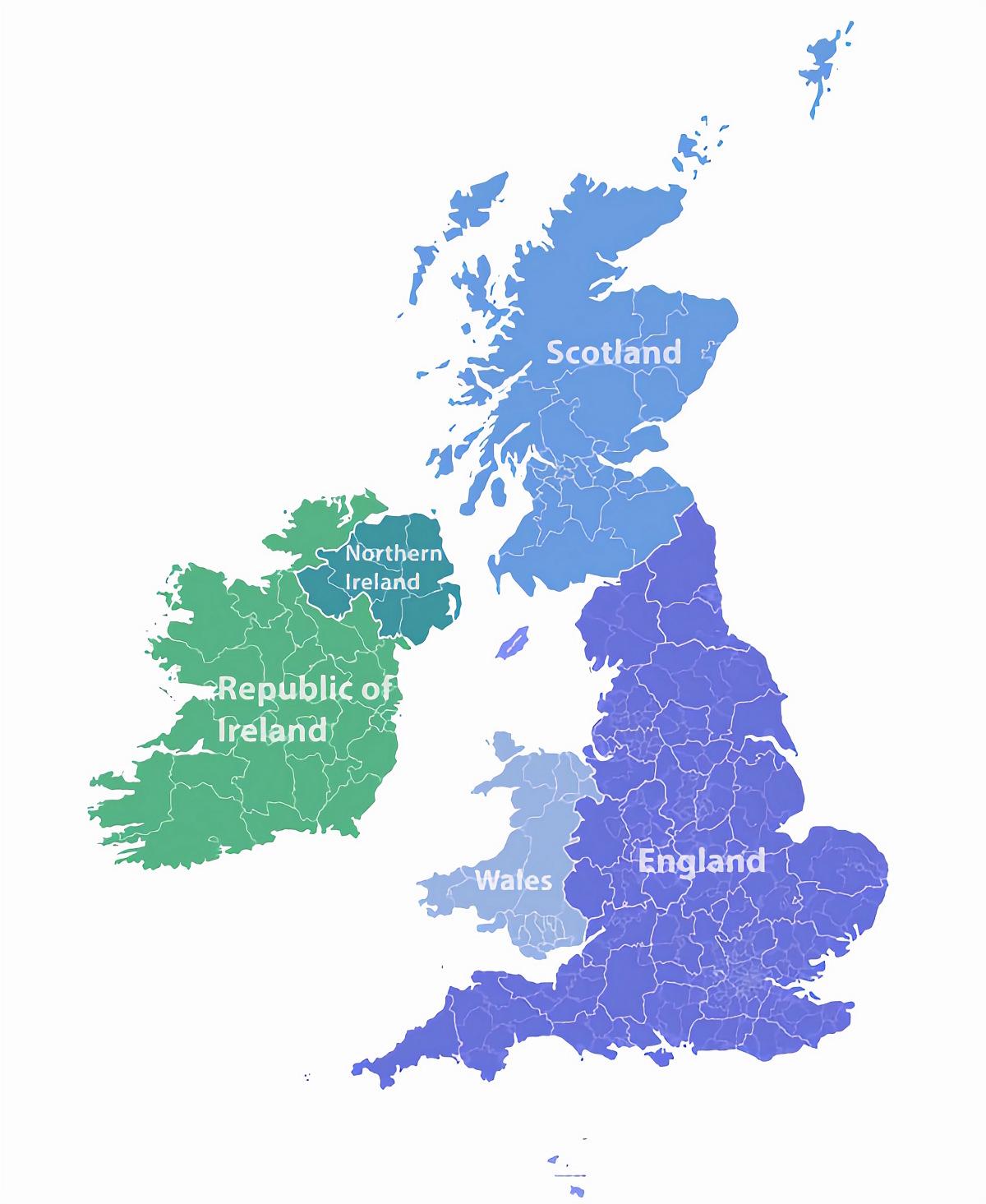
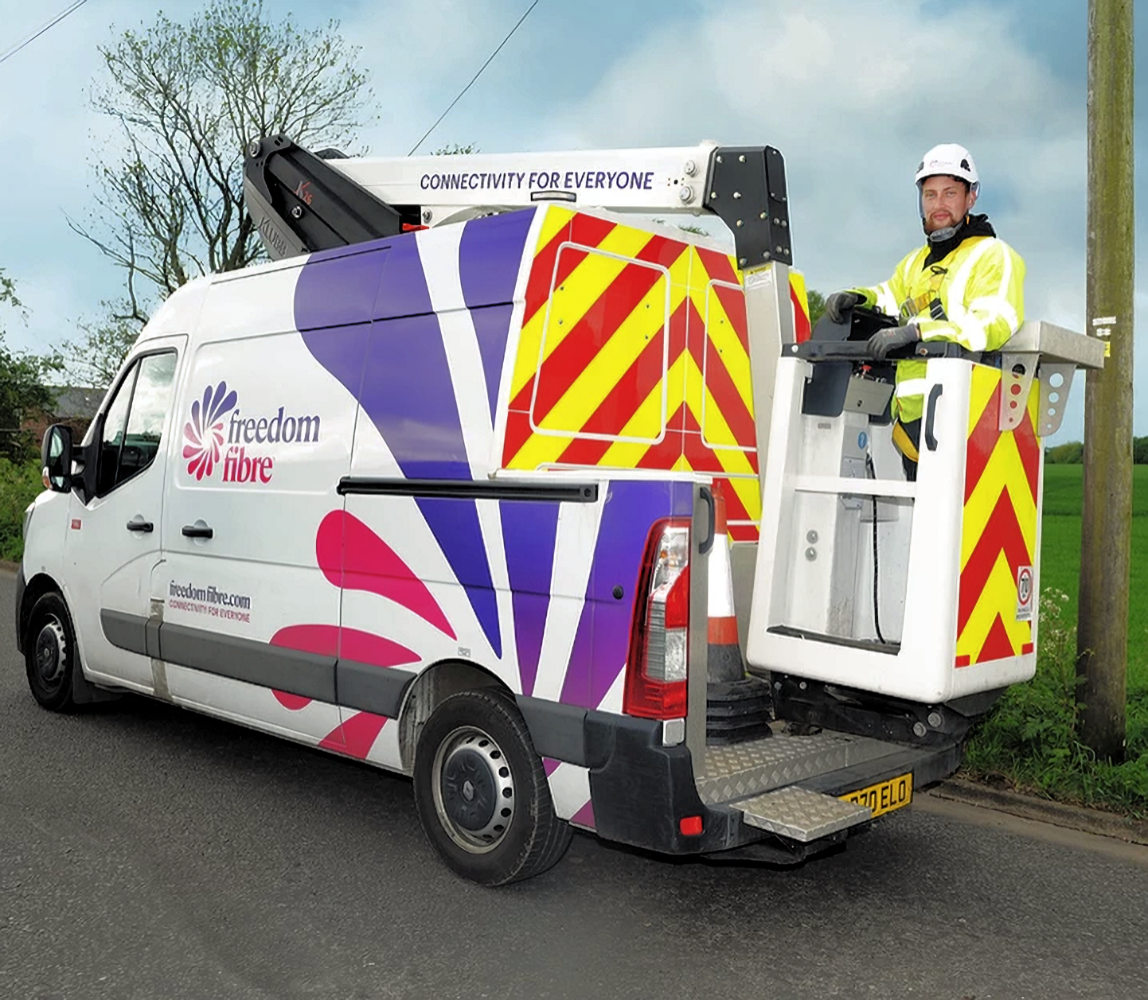

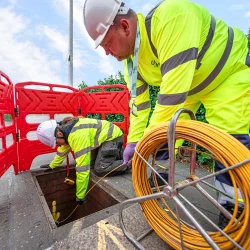













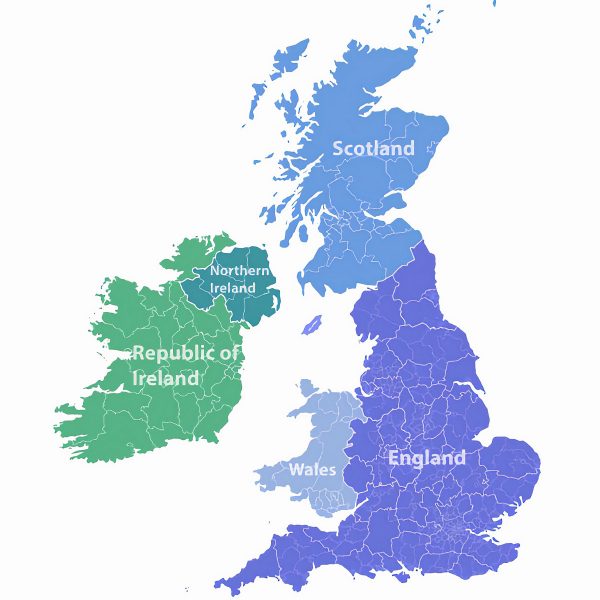
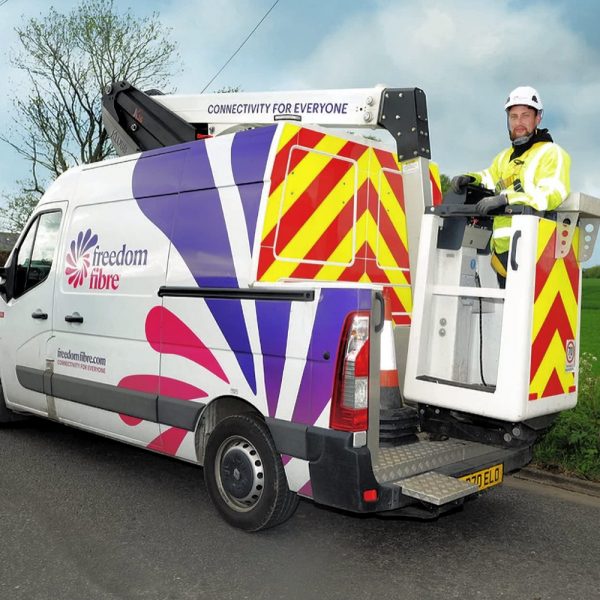




































Comments are closed